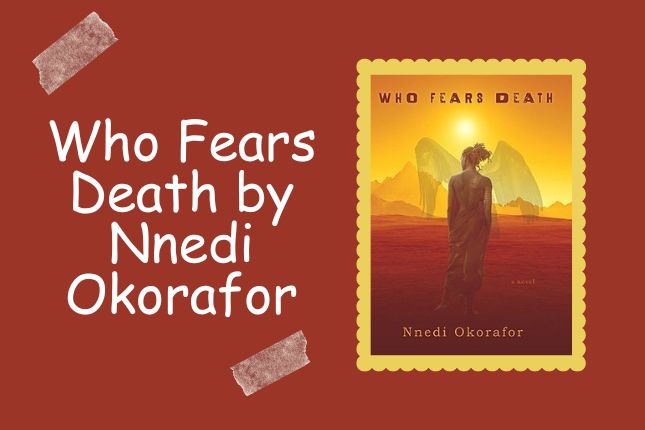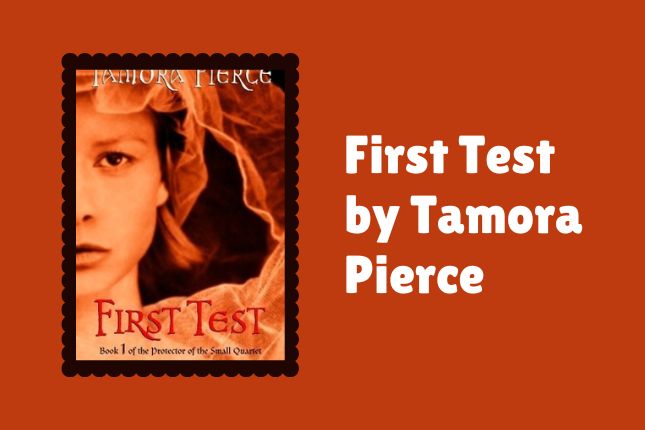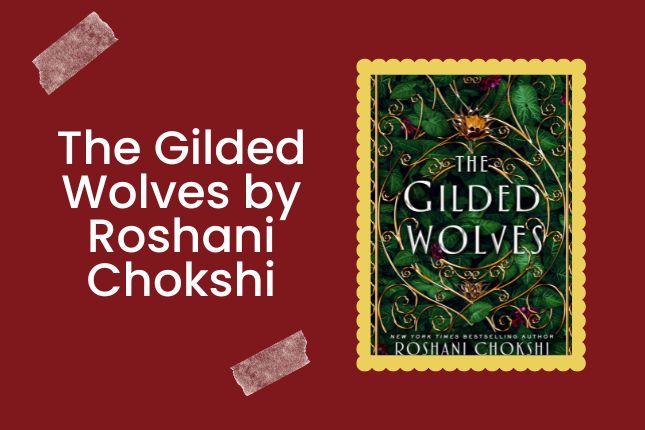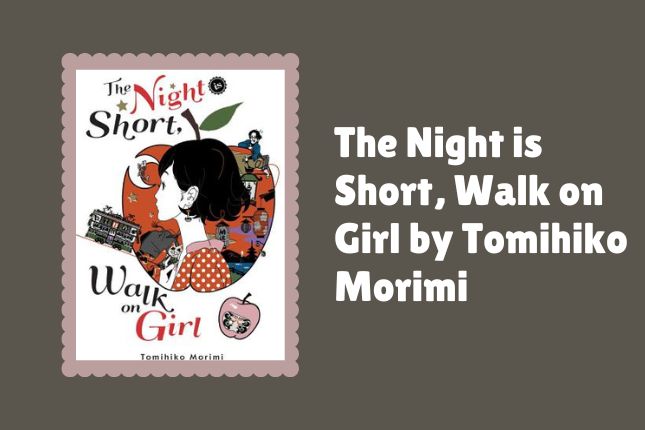Why You Should Read Who Fears Death by Nnedi Okorafor
Nnedi Okorafor’s Who Fears Death is a deeply compelling and thought-provoking novel set in a post-apocalyptic Sudan. With its roots in African folklore, the story follows Onyesonwu, a young woman born from violence who discovers she has extraordinary magical abilities. As she embarks on a journey of self-discovery, Onyesonwu is forced to confront not only her own identity but also the deeply entrenched prejudices and conflicts that shape the world she inhabits.
Okorafor’s writing explores themes of survival, identity, and the complexity of race and gender in a richly imagined world. With vivid prose and an emotionally charged narrative, Who Fears Death is a powerful and transformative tale that explores the struggle for justice, self-determination, and healing.
5 Reasons to Read Who Fears Death by Nnedi Okorafor
1. A Strong and Complex Protagonist
Onyesonwu is a fiercely determined character, driven by a desire to understand her powers and confront her past. Born from rape and subjected to a life of prejudice and hatred, she is a symbol of survival and resilience. Her journey of self-discovery, empowerment, and transformation is both inspiring and heartbreaking. Onyesonwu’s character invites readers to reflect on the broader themes of identity, justice, and the search for belonging.
2. Rich African Folklore and World-Building
Okorafor’s world-building in Who Fears Death is a masterful blend of post-apocalyptic fiction and African mythology. The novel is infused with ancient traditions, spiritual beliefs, and cultural practices that are uniquely African, making the world come to life with authenticity and vibrancy. Through magical rituals, spirits, and traditional African storytelling, Okorafor creates a captivating world that challenges and expands the reader’s imagination.
3. Exploring Race, Gender, and Cultural Identity
Who Fears Death is not just a fantasy novel; it is a deep exploration of complex societal issues such as race, gender, and cultural identity. Onyesonwu’s journey is not only one of magical growth but also of confronting and challenging the deeply ingrained prejudices of her world. The novel highlights the intersectionality of identity and the power of breaking free from the roles imposed by society.
4. A Dark and Poignant Narrative
Okorafor does not shy away from confronting difficult themes such as violence, trauma, and the consequences of oppression. The novel’s dark, at times brutal, narrative offers a raw look at the injustices that Onyesonwu and others face in their world. However, there is also hope and healing woven into the fabric of the story. Who Fears Death is a complex, multi-layered tale that balances the light and the dark, offering readers a nuanced perspective on the world.
5. A Journey of Empowerment and Change
At its core, Who Fears Death is a story of empowerment. Onyesonwu’s quest is not just to uncover the truth about her powers but to change the fate of her people. The novel is a testament to the power of resilience, agency, and the determination to fight for a better world. It is a deeply emotional and inspiring tale that resonates with readers on multiple levels.
Final Thoughts
Who Fears Death is a remarkable and transformative novel that blends African folklore with post-apocalyptic fiction. Through Okorafor’s vivid and evocative writing, readers are taken on a journey of survival, self-discovery, and empowerment. Onyesonwu’s story is one of strength and resilience, offering profound insights into themes of race, gender, and identity.
With its richly imagined world, complex characters, and powerful narrative, Who Fears Death is a must-read for fans of fantasy, as well as anyone interested in exploring the intersection of culture, mythology, and personal transformation.






